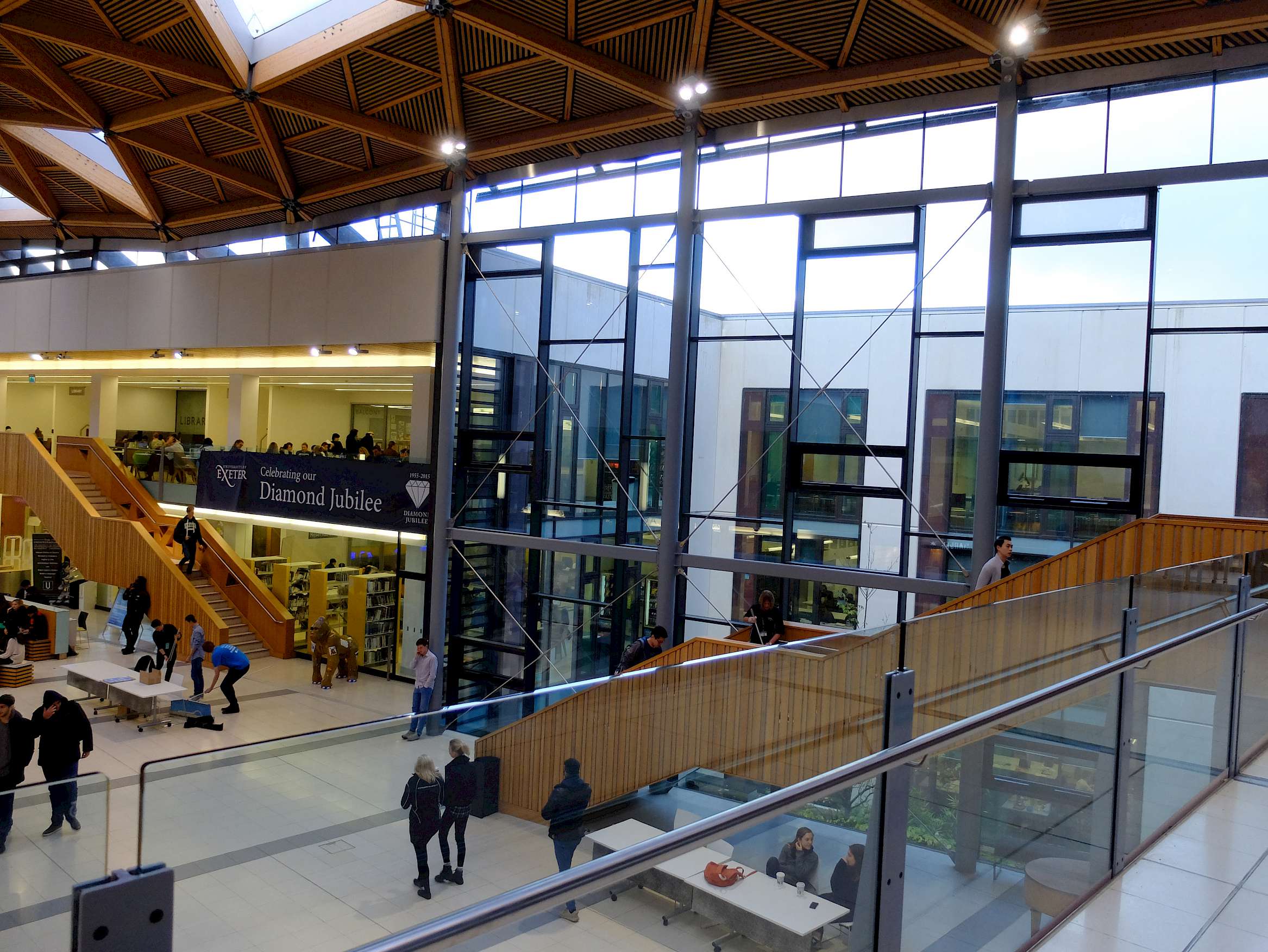Getting on the course gave rise to feelings of joy, but also uncertainty. I'd worked hard to get on it; writing and designing a student newspaper, working at The Retail Newsagent, writing tons of applications letters, being told I was too easy-going for journalism.
The joy was palpable, the uncertainty was financial. In those days (the final years of the Seventies) HIgher Education was massively over-funded. Grants for an undergraduate degree were beer funds, and, unbelievably in today's climate, all tuition fees were found. Generally one was entitled to one more grant to do a postgrad. Another world by today's standards.

I was on the 'waiting list' for a maintenance grant for the Postgraduate Diploma in Journalism at The City University for the academic year 1979 – 1980. I had no money. If I didn't get it, I couldn't go.
I had a 'steady' job at the Retail Newsagent, the Der Sturmer of the Association of Retail Newsagents. Willie, the editor, cautioned against me leaving the security of the weekly for the purveyors of fags, Sundays, sweets and top shelf mags. There was no need for a fancy course when you had a good job like this. Nicotine-stained fingers tapped some loose change in his trouser pocket: 'I'm worried about this," he said.
I was worried about money too, but determined to seek a wider world.
In the end, the grant came through just in time and I joined the other students at the City, just around the corner from The Retail Newsagent.
This was just the second year of the course. A similar course in Cardiff University was, at the time, the pacesetter. Editors of dailies around the UK were falling over themselves to get the new graduate journalists, seen as the future of the industry, which had traditionally recruited from school leavers. Good jobs were abundant. The future was bright.
Four decades on and the City University and Cardiff remain pre-eminent in media training in the UK, despite a mushrooming of media and communications courses. This year The City celebrates 40 years, with a glittering event hosted by some of its famous former students. http://www.city.ac.uk/arts-social-sciences/journalism
In 1979-1980 we had just 30 postgrad students; now there are hundreds learning the business as undergrads and postgrads.
The jobs market is vastly diverse, indeed unrecognisable from those early days. We enjoyed a conveyor belt experience to a daily paper (you realise you'll be doing golden weddings don't you). We thought it was the best job in the world, and maybe it was.
I don't know how many journalists there were in the UK in those days, but I can say that a daily employed hundreds. Western Mail in Wales had around 30 staff in the photographic department alone. I worked for the South Wales Argus, based in Newport and covering the Eastern Valleys. It had outposts, staffed with a journalist, or sometimes two or even three, every few miles in our territory, which was jealously guarded against publishing intruders.
The Press Gazette, the newspaper for journalists, has it that 64,000 people in Britain work as 'journalists, newspaper and periodical editors'. This peaked in 2013 at 70,000, and there may be a downward trend.
Between 2007 and 2015 those described as public relations professionals (I am one nowadays) increased from 36,000 to 55,000, reflecting a tsunami of official and corporate information.
Intentionality is the key, as always. The Retail Newsagent is still going strong. Perhaps Willie was right. Where was all this fancy education going to get us?
Comments: No comments yet


Be the first to comment
Post a comment